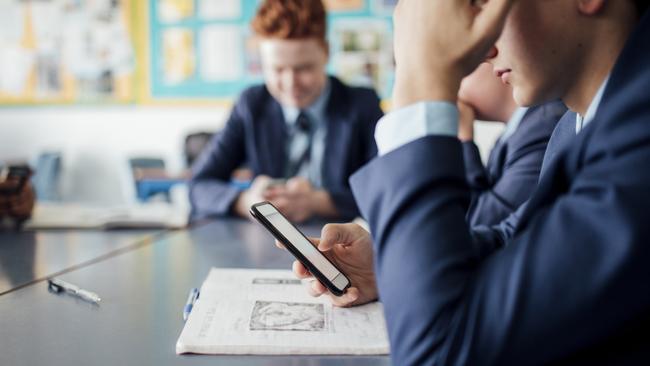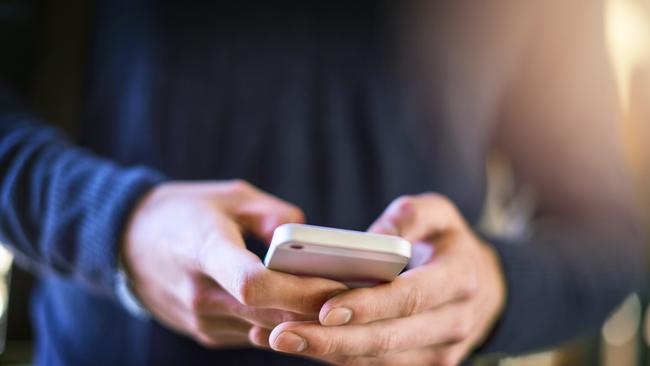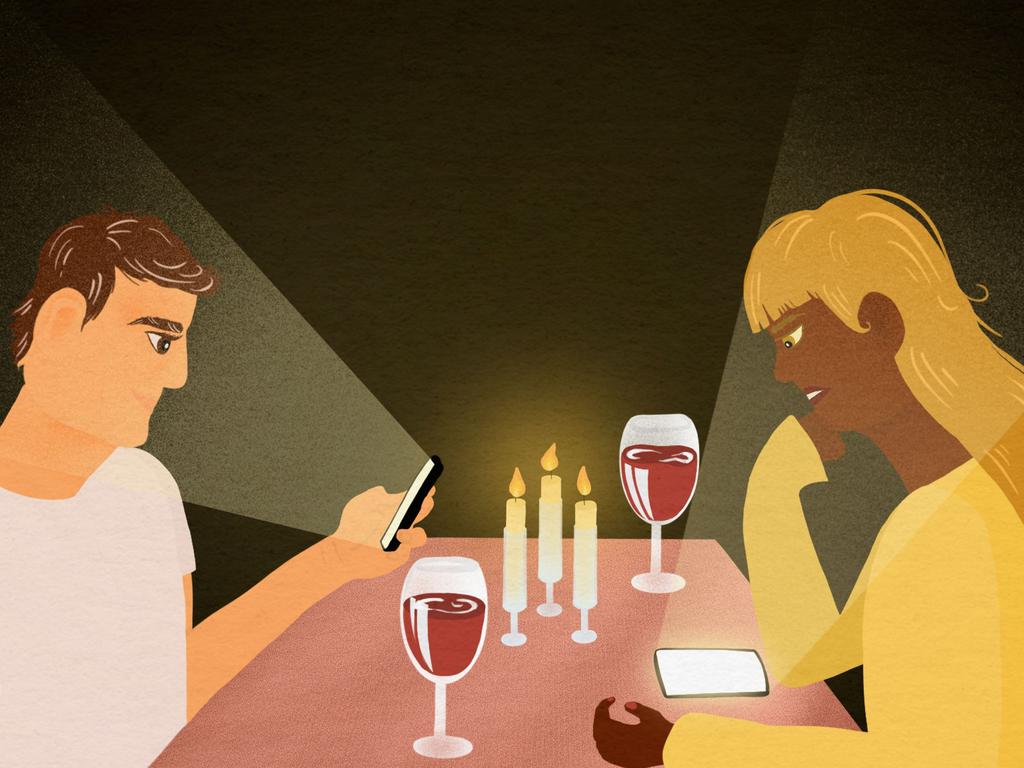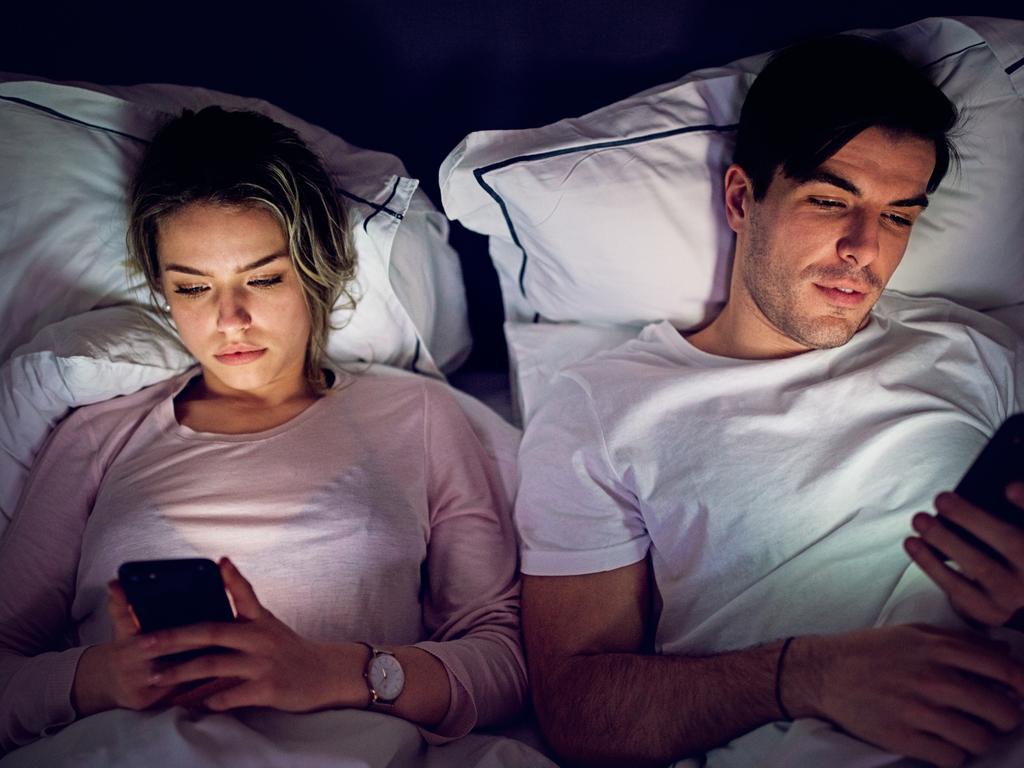Stop smartphones stealing kids’ childhoods
Shocking statistics show 20 per cent of four-year-olds have phones. Links between social media use and mental health seems clear - but there are plenty of ways we can tackle this crisis.

Look around you in any restaurant this holiday season, from a McDonald’s to an expensive beach resort, and you will see the great majority of children and adolescents studying their smartphones, scrolling, liking and sharing. According to Ofcom, half the nine-year-olds in Britain own a mobile phone. By the age of 12, virtually all have one. Somewhat incredibly, about a fifth of three to four-year-olds also have a phone - that’s about 300,000 very young children.
The lives of young people have changed radically in the past decade, since smartphones became ubiquitous. Many report spending about seven hours a day online, turning their daily activities into Instagram and Snapchat content and following trends on TikTok. One persuasive writer and campaigner on this issue, Jonathan Haidt, has described what has happened as a “transition from a play-based childhood . . . essential for overcoming fear and fragility, to a phone-based childhood which blocks normal human development by taking time away from sleep, play and in-person socialising, as well as causing addiction and drowning kids in social comparisons they can’t win”.

In the same period, there has unarguably been a dramatic increase in the incidence of mental health issues among teenagers and young adults, including anxiety, depression and self-harm. The implications are profound for their future health, employment, happiness and family life, and thereby for societies and governments. A disaster is unfolding as we watch. After years of arguments about the evidence, a reluctance on the part of authorities to intervene, and a mounting feeling of helplessness among many families, it is time to do something about it.
The pioneers of digital technology always knew its effect on young brains could be negative. People such as Bill Gates and Steve Jobs famously restricted their children’s access to smartphones. And as long ago as 2017, Jean Twenge, an American psychologist, asked, “Have smartphones destroyed a generation?” But proving this has been a struggle and has delayed necessary action. People use social media in very different ways, often with positive benefits, keeping in touch with friends or learning, so the evidence that over-use is linked to mental health is never going to be as straightforward as proving the link between, for instance, smoking and cancer in the 1950s.
Some studies have failed to find a causal connection, although these have often not taken account of the change in the entire experience of childhood as a result of a phone-based existence. A widely cited study in 2019 found only a tiny effect, said to be no bigger than “eating potatoes”, but was flawed by lumping together all screen-based activities, including watching films or texting friends. Such findings have made it easy to argue there isn’t enough evidence, that the mental wellbeing of young people is affected by other factors such as economic insecurity, or in the US by the opioid crisis or school shootings.
Yet no one has ever come up with an alternative explanation for why the state of mind of vast numbers of young people would so suddenly change, coinciding exactly with the rise of the smartphone, in widespread countries and with no correlation at all with economic or political events. And now, the accumulating evidence is becoming overwhelming. Published research shows social media use can overstimulate the reward centre in the brain, triggering a response comparable to addiction. Frequent use is associated with changes in a developing brain that affect the control of impulses, emotions and social behaviour. Further studies have shown changes in brain structure similar to the changes seen with substance abuse and gambling addiction.
The evidence is now becoming an avalanche. One British survey shows children who spend over four hours a day on social media are three times more likely not to read any books. Analysis of the UK Millennium Cohort Study links greater social media use with online harassment, poor sleep, low self-esteem, poor body image and higher symptoms of depression. In March, figures in the US showed 30 per cent of teen girls considered attempting suicide in 2021, up from 19 per cent a decade earlier, with increasing feelings of sadness and hopelessness among both girls and boys. In May, the US surgeon general issued a formal “health advisory”, calling attention to social media and youth mental health as an urgent public health issue.

A senior consultant paediatrician wrote to me recently about a huge increase in teenage patients presenting with headaches, mood changes and difficulty in concentrating or sleeping. They said it is common practice among such patients to spend four to six hours each evening on social networking sites, and more at the weekend, but the symptoms of many improve if they follow advice on the sensible use of technology. Such advice includes avoiding screens for the first and last hours of the day, limiting screen time, putting phones away during meals and taking more exercise.
We cannot, however, leave it to hospital consultants to try to battle a mental health crisis on such a scale. And the rise of AI, for all its many benefits, is almost certainly about to intensify these problems, with artificial “friends” on hand at all times as companions and influencers. The question is no longer whether action is needed, but what action is best and who is going to do it.
Social media companies have started to admit what is happening. TikTok has introduced limits after an hour of use by children, although these can be easily circumvented. Other companies have brought out parental controls, but transferring the problem to parents will not work on its own. Campaigns have begun, such as UsforThem, to ban smartphones for under-16s and publish health warnings. In one case in Ireland, an entire town has agreed not to give phones to their children before secondary school age. The state of Utah has become the first to pass a law restricting access to social media for under-18s without parental consent.
In Britain, we should not be frightened out of acting from misguided libertarianism, or slow when serious damage to young brains is happening now. Good advice can go a long way: the chief medical officer could issue national guidance, as is normal, for example, on alcohol consumption. But there will need to be some rules, such as mandatory age verification for social media platforms with a minimum age, or requiring them to have systems in place to prevent addictive use. Schools could encourage class-wide parental agreements to curb social media use throughout the day. Policies on smartphone use in individual schools could be strengthened with a national ban.
If this were an epidemic caused by a virus, there would be an urgent campaign of vaccinations and restrictions. This is a silent epidemic, and we should not fail to act.
THE TIMES








To join the conversation, please log in. Don't have an account? Register
Join the conversation, you are commenting as Logout